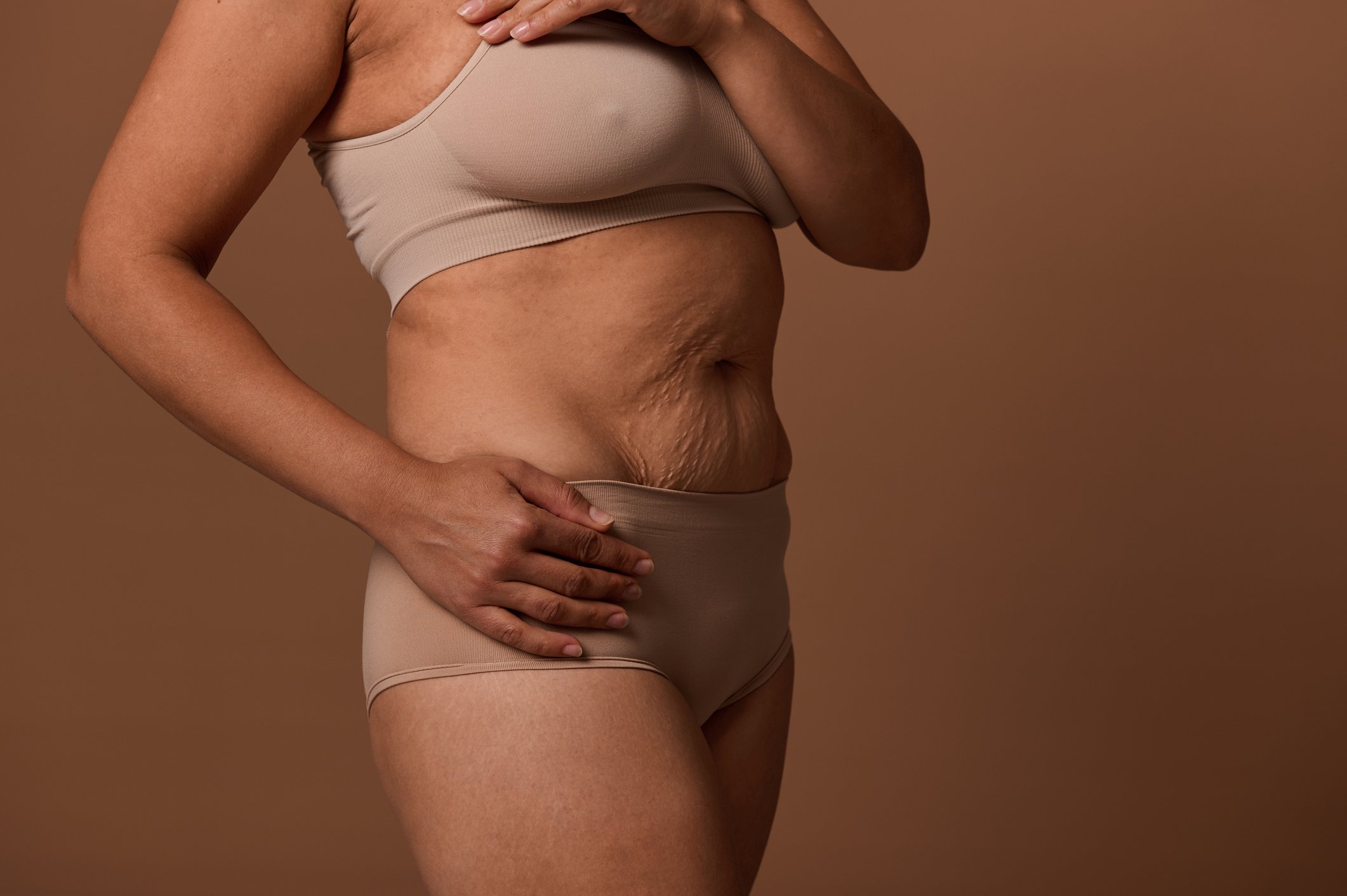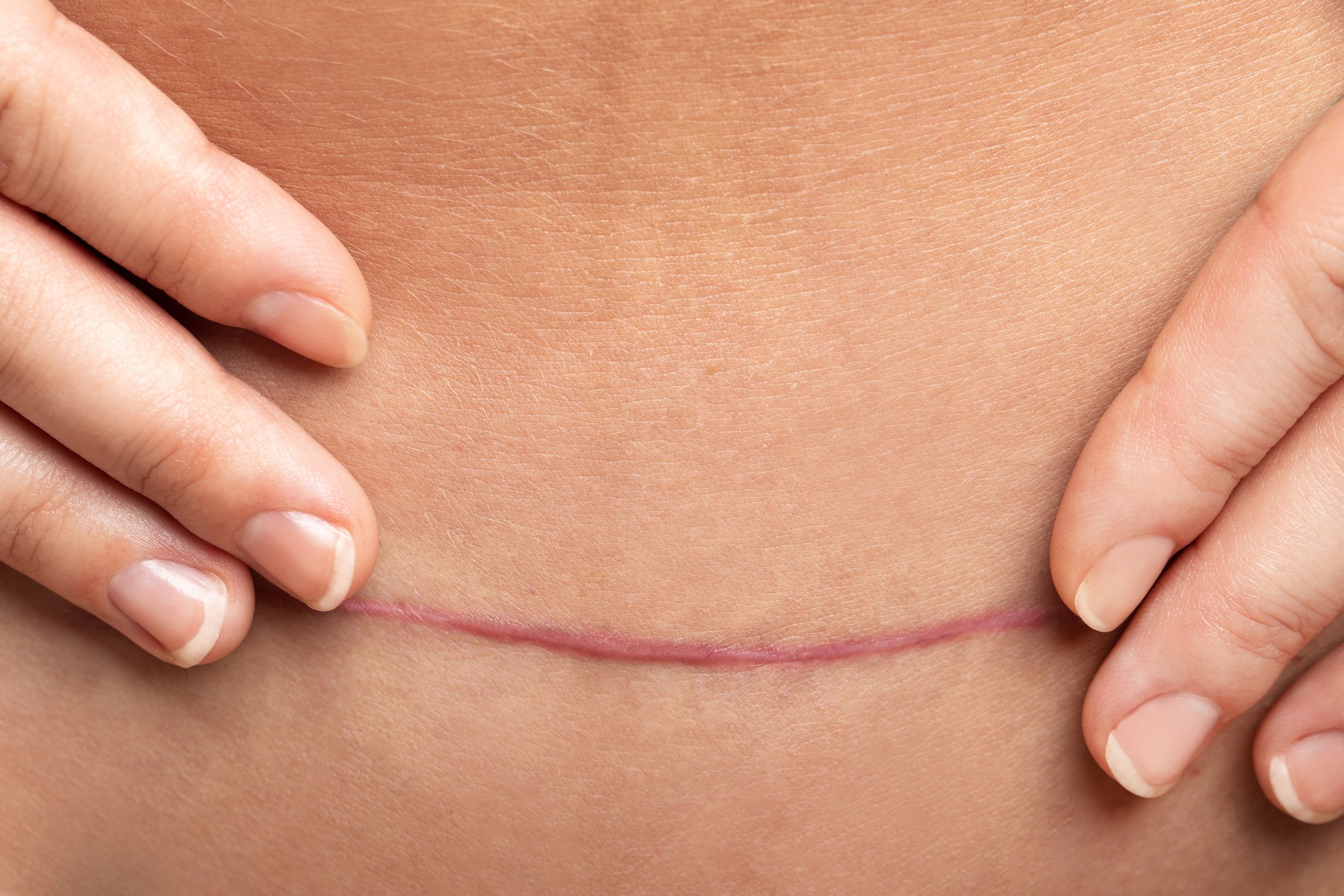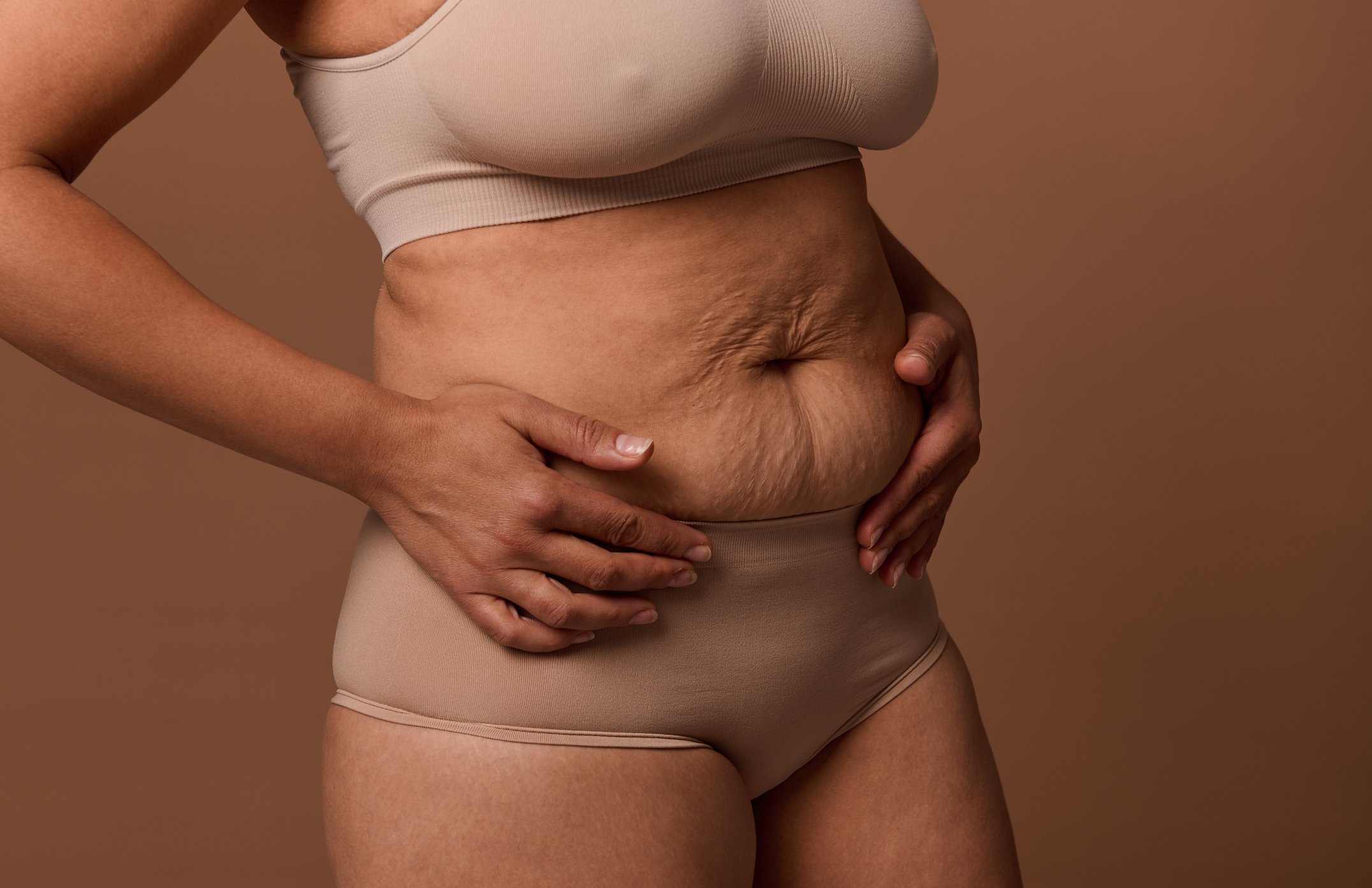You’re not a ‘new mom’ anymore. Your kids are toddlers, tweens, or in school. Your kids might have kids. But those little leaks, that loss of bladder control when you sneeze, laugh, or cough – have never gone away. You probably think you’re too late to do anything about it. That’s just what happens when you’ve had children right? Maybe you think you’ve left it way too long, to do anything about it. Is that postpartum incontinence permanent, or can you do something about it, even years later?
I’m Wendy, a perinatal pelvic health expert and I am here to tell you – it’s never too late to fix bladder leaks. There’s always something you can do to improve the problem and get your dignity and your life back.
So let’s get some facts straight.
Bladder leaks are not a normal part of pregnancy
As your pregnancy progresses, your growing uterus will push against your bladder and other organs. This may increase urinary urgency and frequency.
Relaxin is the hormone released during pregnancy that allows your ligaments to soften and stretch. You’re carrying a heavy load, and your body is working extra hard. All this can combine to make pelvic floor muscle control a little more challenging. But peeing yourself is not inevitable. Practice your pelvic floor exercises every day. This will keep the muscles flexible and strong.
And don’t limit drinking fluids – stay hydrated!
Bladder leaks are not inevitable after a vaginal birth
Labor involves prolonged, sometimes forceful, pushing and bearing down. This puts massive pressure on the pelvic floor. And, giving birth to a baby’s head the size of a small melon is no small feat! You may have had an episiotomy (where or tearing, you may have stitches. Birth with forceps or a ventouse causes physical trauma to the pelvic floor. This means that instrumental vaginal birth can increase the risk of postpartum incontinence.
But, please be reassured. A lack of sensitivity and some loss of control are likely as you heal. But, this is not forever. Your body needs patience, time, and healing. Your tissues need movement, hydration, and good nutrition.
As you start to feel less tender, start with gentle pelvic floor releases and contractions. At first, you may not feel much happening, but that’s okay. Keep practicing. Gentle, consistent breathing exercises will improve coordination and connection to the area. You’ll soon start to feel more in control.
Urinary leakage is not ‘just what happens’ as you get older
As we move into perimenopause and then later into menopause, our hormone levels change. Estrogen levels drop. With this and other changes, may come small bladder leaks, even if this wasn’t a problem before.
As hormone levels shift, exercise becomes even more important. Weight-bearing and strengthening exercises are key. Walking, and lifting weights are the most important foundations of all for healthy bone density and core stability. You need to exercise your pelvic floor muscles too. They don’t need to lift weights! You don’t need to insert anything or buy anything fancy or technical. But you want strong and flexible pelvic floor muscles. So, keep practicing your MUTU Core work. This is core and pelvic floor strength for life. And the older we get, the more we notice if we neglect it.
You haven’t left it too long
Your pelvic floor is like any other group of muscles – use them or lose them! It’s never too late to start improving strength, endurance, and flexibility. Pelvic floor muscles are part of your core, along with the deep abdominals and lower back. This whole system needs strength and stability to keep you pain-free and active.
It may have been weeks, months, or many years since you had your babies, or since you started having problems. I promise it’s never too late to regain some control.
Manage the problem now, and fix it for tomorrow
Right away, you can manage the problem without shame. Buy postpartum incontinence pads, like TENA. Be sure to use the right pads to catch bladder leaks. Give yourself some grace to be comfortable. Then, get on with your life without leaks or smells 🙂
But know that in the vast majority of cases, pads only need to be a temporary solution. MUTU is based on evidence and results. Specialist doctors recommend it. MUTU helps you to restore and strengthen your pelvic floor, giving you back control.
Of course, there may be additional complications or health issues that require medical help.
For more on severe incontinence and surgical interventions, watch my interview with Dr. Jai Seth. He is a MUTU Medical Ambassador and Urology Consultant.
You’re not too late. With the right information and guidance, you can reduce or stop bladder leaks.
Thanks for reading.












